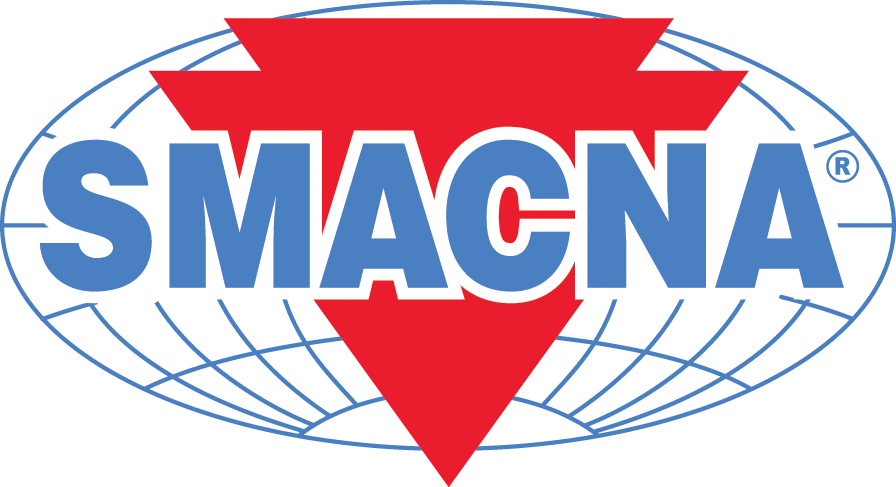Deteriorating Backlogs: Responding to a New COVID-19 Reality
When 2020 kicked off, the construction industry was flying high. With a steady flow of work and bidding opportunities, large infrastructure projects on the horizon and sureties offering a seemingly endless supply of bonding, most contractors were
When 2020 kicked off, the construction industry was flying high. With a steady flow of work and bidding opportunities, large infrastructure projects on the horizon and sureties offering a seemingly endless supply of bonding, most contractors were hitting all-time-high revenues and profits, with healthy backlogs to keep the momentum going.
Then came COVID-19, when public and private jobs came to a screeching halt and was put on hold indefinitely. Bidding opportunities and new jobs were nowhere to be found, payments on jobs slowed or stopped and bankers and sureties began to sing a more conservative tune.
In 2021, construction operations have adapted to and remobilized, but new jobs remain scarce, and bidding is fiercely competitive. Private work is slowed by lifestyle changes, including residential relocations, large amounts of vacant retail space and decreased commercial office space needs.
Public government agencies remain in financial distress, left with few funds to finance new projects or restart those on hold. Many agencies are not back to work yet and need to regroup and restart the process from where they left off a year ago.
Backlogs are being steadily worked down, but deteriorating at a rapid pace as contractors work through them to make up for lost time, meet project deadlines and replace lost revenues. With new construction jobs still limited, backlogs are not being replenished at adequate rates to ensure long-term cash flow and financial sustainability.
It is more crucial than ever for contractors to strategically plan for the continued erosion of backlogs.
Smarter Solutions to Deteriorating Backlogs
It might be tempting to jump on any work you can find, but the opposite approach is more effective in the long run. As backlogs continue to dwindle, follow these recommendations to make smarter moves and come out ahead:
- Bid smart. Stick to your strengths and do not succumb to peer pressure as you see competitors rush into new market sectors to grab more work, which could bring increased risk and unknown challenges. Most likely, this work will yield little to no profit if a contractor lacks experience in the new arena or underbids to secure work.
- Practice patience. After quick opportunities to fill backlogs and surety programs max out, there will be fewer bidders as new jobs materialize, which will bring profits back up. With President Biden’s American Rescue Plan, there is renewed hope that an influx of funding to states and cities will result in much-needed infrastructure projects and new work for years to come.
- Re-envision the future. If your organization has not revisited its business plans in light of COVID-19, it is essential to reassess and proactively identify ways to strengthen your organization. This evaluation should include complete financial and cash flow projections that show the peaks and valleys of projected revenues and what that portends for the future. You may determine that accelerating revenue now may not be your best move, and that “slow and steady” may serve you better and conserve more cash for the future. With these projections, you can draft a new plan for the company’s future.
- Identify cost savings. Your new plan should include healthy cash flow, which is not only about the revenue you bring in, but also the money you keep through cost saving, including reducing overhead, addressing operational inefficiencies and workforce planning.
- Maximize relief. More than a year after COVID-19 relief was introduced in the CARES Act, these programs continue to evolve. Speak with your CPA and other financial professionals to ensure you secure the maximum relief under the Paycheck Protection Program, employee retention credit, qualified leave credit, Economic Injury Disaster Loans and more.
- Communicate often. Communication should extend to employees, bankers, sureties, job owners, subcontractors and other stakeholders. Share how your company is doing, your challenges and future plans. Their buy-in, support and collaboration will put your business in a better position to remain strong, healthy and ready for whatever the future holds.
Published: April 30, 2021
IN THIS ISSUE
ARCHITECTURAL: Metal Press Brakes, Automation Lead to Architectural Improvements
Bipolar Ionization Spurs Interest as COVID-Fighting IAQ Solution
In Las Vegas, the tourism-dependent casino industry has been among the hardest hit by COVID-related shutdowns, capacity restrictions and the CDC’s recommendation to avoid nonessential travel.
Capitol Hill Update: SMACNA Endorses Major School Construction and Retrofit Legislation
Deteriorating Backlogs: Responding to a New COVID-19 Reality
When 2020 kicked off, the construction industry was flying high. With a steady flow of work and bidding opportunities, large infrastructure projects on the horizon and sureties offering a seemingly endless supply of bonding, most contractors were
HVAC: Now Serving Improved Restaurant Air Quality
Improving Upper-Room UV With Ceiling Fans
INDUSTRIAL: Putting on the Finishing Touch
New Technologies Promise Improved Safety and Efficiency
By now, many of us have seen the videos on the internet of industrial robots traversing warehouse obstacle courses like contestants on American Ninja Warrior.
RESIDENTIAL: HVAC Rebates Help “Frontline” Customers
Technology and the Future of Contracting Work
The Bidding Hack: 5 Ways to Increase Your Bid Win Rate
The Harder Work: Reputation Management and Trust Building
UV-C for HVAC Air and Surface Disinfection
The COVID-19 crisis is sparking interest in a long-established, yet not widely utilized, method of inactivating dangerous microbes.


